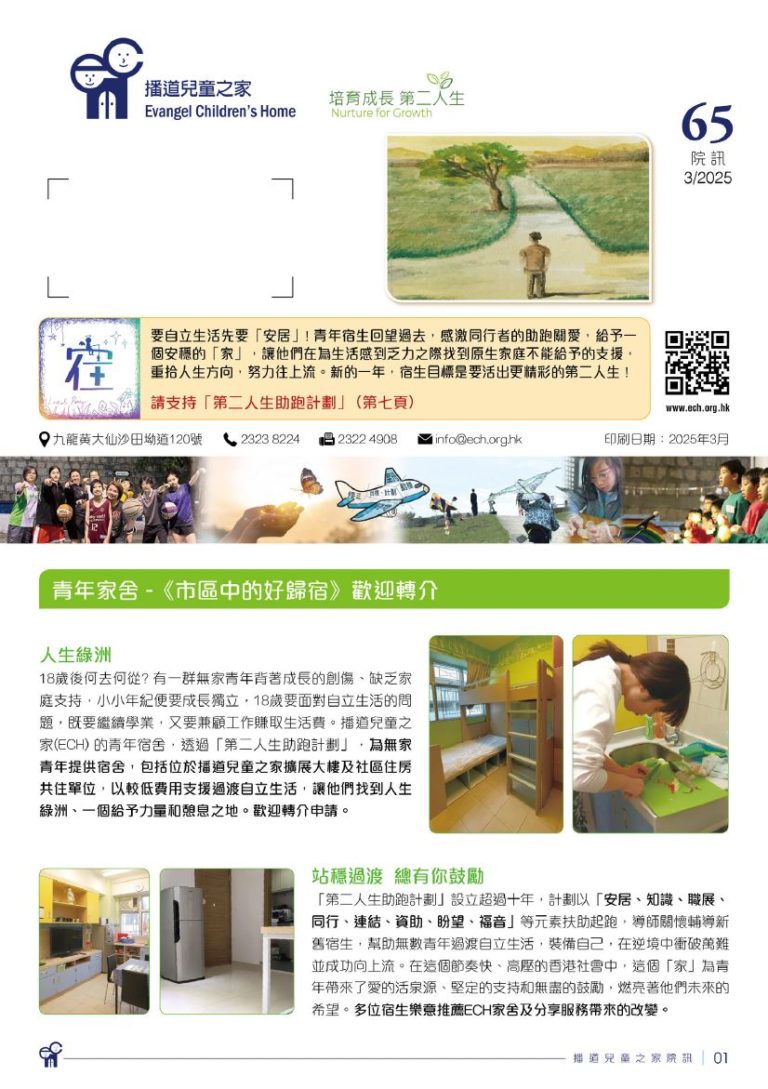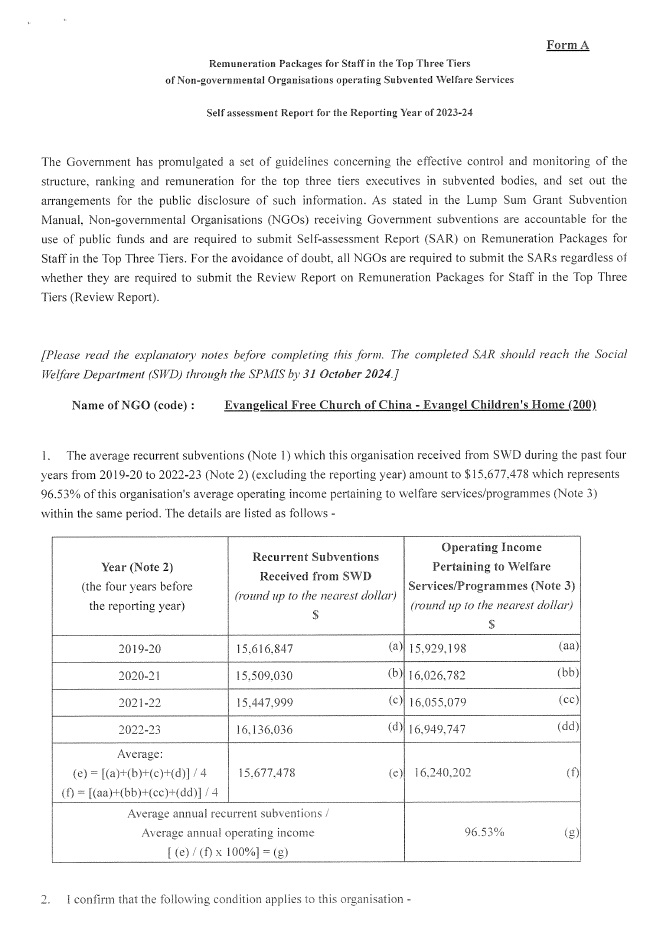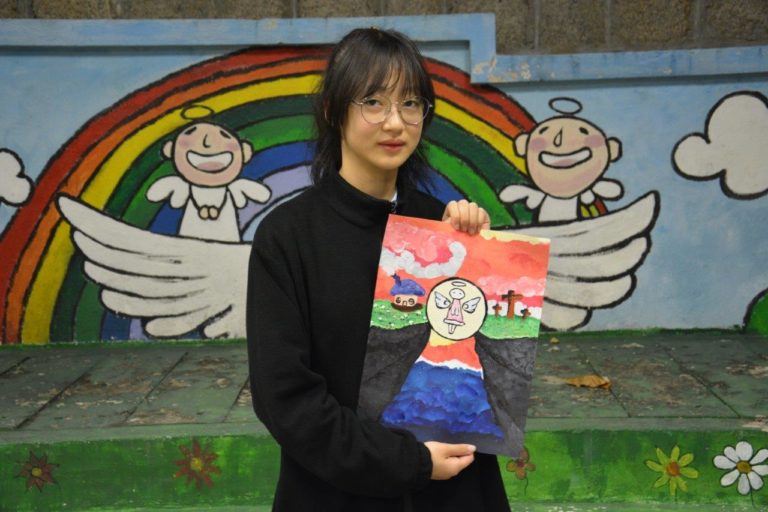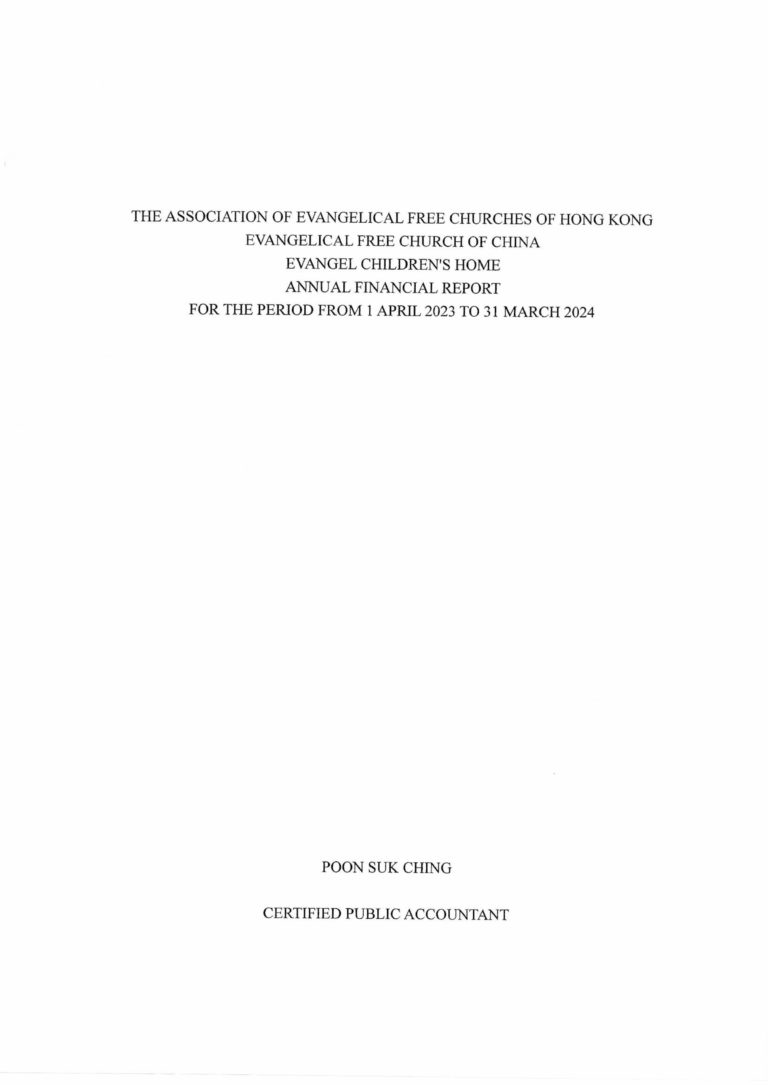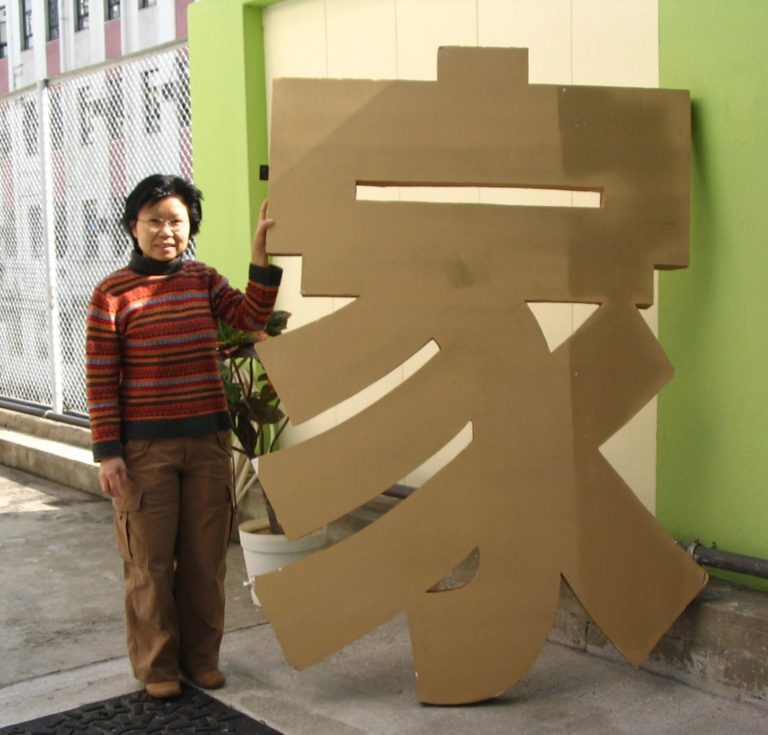If children can gain knowledge of money management, explore and practise at a young age, their future growth will be greatly benefited. House parents train Wilbur House children (primary school boys) on money management, and let them grasp some basic concept in economics earlier. These children learn how to save, reduce unnecessary spending, postpone enjoyment of their ‘heart’s desire’, and save money slowly for their set targets. The result is very encouraging!
Learn Currency Values
House parents teach children money management. Firstly they introduce to them the Hong Kong currencies, for example, the shapes, sizes and values of coins and paper notes, so as to avoid confusion. Allow them to record income and expenditure every week. Just like Math, they add the savings (e.g. red packets) and deduct the spending on their account books. Let them see how much they really have. Then they can plan ahead and clear off fantasies.
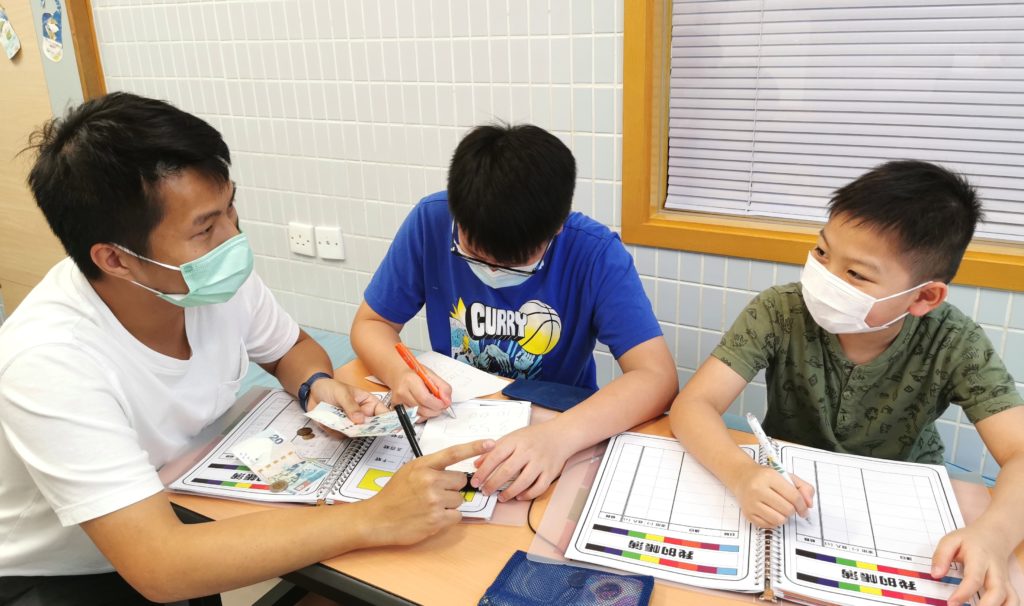
Set Goals and Carry Out Plans
Once the savings goals are set, they can list out the ‘wants items’ or ‘important and needed items’ using straight line sorting method. House parents can infuse the meaning and value of each item, let them set priority and make better decisions. When the shopping goals are set, they have to compare prices and be smart consumers. For example, the same product may have different prices in different stores. If one store offers discounts, is it the best price? This could be a very practical Math lesson!
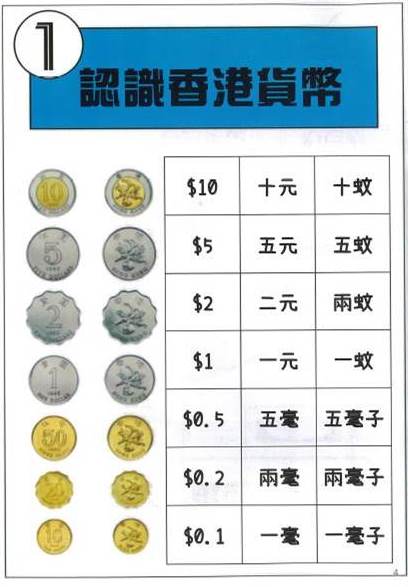
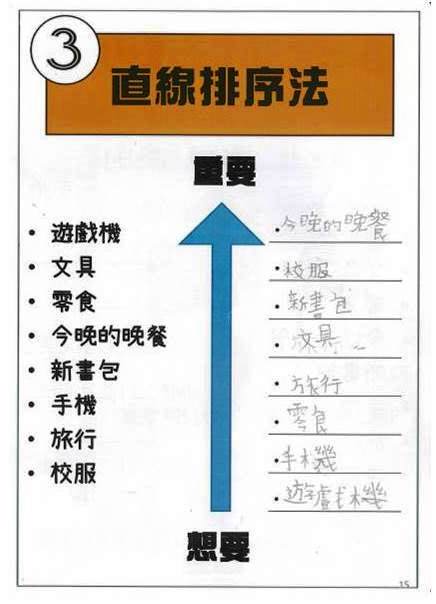
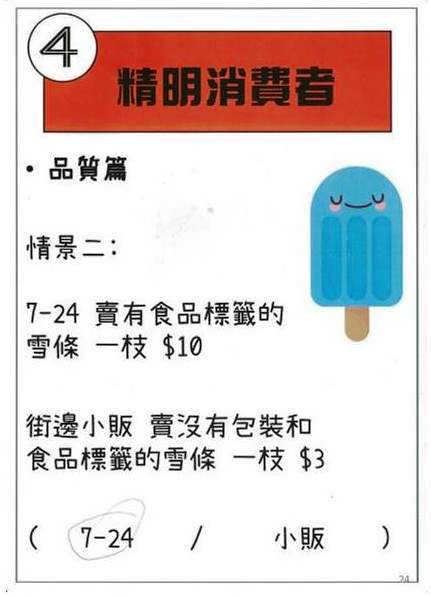
Give Back and Sharing
Finally when certain saving amount is reached and the ‘heart’s desired’ is bought, are they able to share the joy with housemates? Will it be donated to someone else in need? Learning such topics at a young age can help pave the way to contribute and give back to the society.
From Theory to Practice


Steve (alias):
He saved enough money to treat his mum for a meal on Mother’s Day.
Brian (alias):
Aim at the target, check for the best price, then purchase biography of his favorite basketball star.
Teach children to “save first, spend later”, cherish to wisely use and manage money, master the balance of income and expenditure, then we can cultivate their good spending habits. Some research points out that children who can postpone enjoyment and wait patiently will give rise to better development in academic, social and coping ability, thus enlightening their future.





